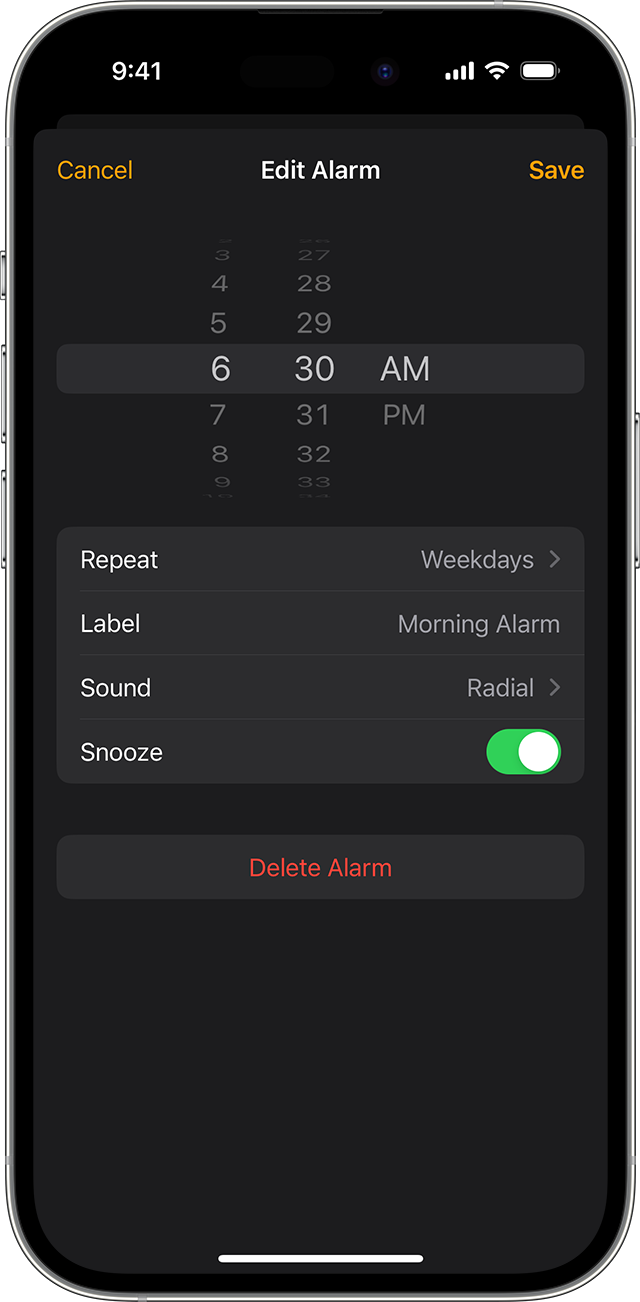
Have you found yourself oversleeping lately, blaming it on a mysteriously silent iPhone alarm? If so, you’re not alone. Reports flooding social media platforms like TikTok have highlighted a concerning issue: some iPhone alarms aren’t playing the expected sound, leaving users scrambling for explanations.
See also -iPhone Not Receiving Texts From Android
In response to these complaints, Apple has confirmed to Today that a software bug is indeed responsible for the silent alarms. The tech giant assured users that it is actively working on a fix to rectify the issue.
While Apple’s official statement didn’t went into specifics regarding the cause of the bug, past experiences with similar issues suggest a potential connection to recent time changes. Instances like the 2010 iOS alarm bug linked to Daylight Saving Time serve as reminders of the intricacies involved in time-related software glitches.
The extent of the problem remains unclear, with some users reporting unaffected alarms while others face ongoing disruptions to their morning routines. For those grappling with silent alarms, troubleshooting steps may offer temporary relief.
The workaround
Firstly, users are advised to ensure that their ringtone and alerts volume settings are appropriately adjusted. Checking the volume slider under Settings > Sound & Haptics can help prevent accidental reductions in alarm volume.
Additionally, toggling off the “Attention Aware Features” under Settings > Face ID & Passcode has been suggested as a potential workaround. This feature, designed to adjust volume based on user attention, may inadvertently lower alarm volume during critical moments.
See also – Videos on iPhone Lagging
As Apple works to fix the silent alarm problem, users are advised to keep an eye out for updates and try troubleshooting steps to manage the issue. It’s also wise to set several alarms and have a backup plan to prevent oversleeping mishaps.
This situation reminds us of the ongoing importance of simple, traditional alarm clocks, even as technology progresses. These old-fashioned solutions still prove reliable, even with the rise of digital innovations.
We will be happy to hear your thoughts





